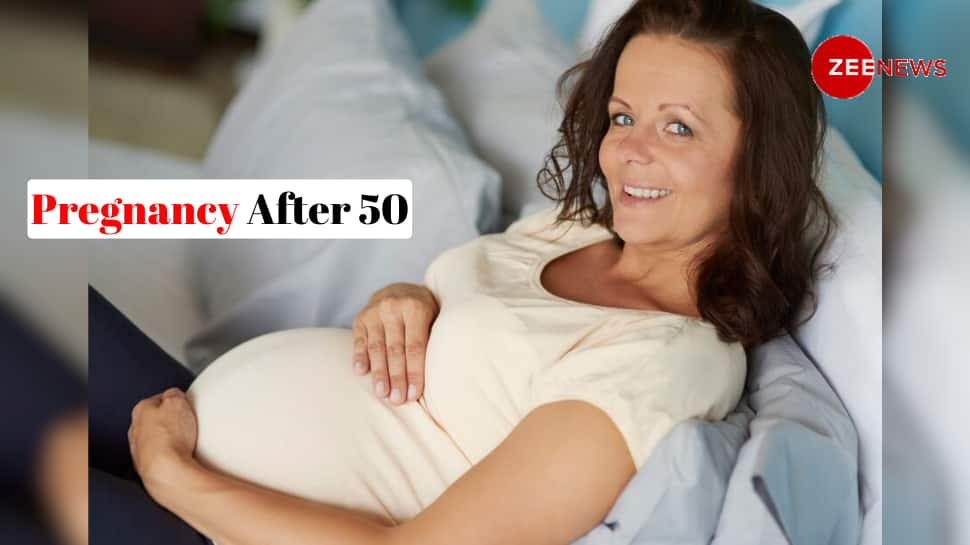During pregnancy, a woman’s body undergoes remarkable changes to support the development of new life. Understanding fertility and the journey of conception is essential for those planning to start a family. In this article, we explore the intricacies of pregnancy and fertility, offering insights and tips for those embarking on this transformative path.
Despite the fact that pregnancy is extremely rare after the age of 50, yet it is feasible with the help of the latest reproductive technologies, IVF in particular. Unlike females, male fertility is usually not directly affected by age-related declines. Hence, male fertility remains unaffected and constant, thus ensuring successful conception.
Can Women Get Pregnant After Menopause?
Dr Shweta Gupta, Senior Consultant in Obs & Gynae and IVF Specialist at Bloom clinic for Women shares, “I have worked as a gynecologist for several years, and I am fully aware of the complications and potential health risks related to pregnancies in advanced age, however, thanks to the assisted reproductive techniques, the choice for women attempting to conceive in the later stages of life is no longer limited.”
“IVF is a technology that has been proven to help 50-year-old women to have pregnancy by collecting eggs from the woman’s body and fertilizing them outside the body, and later these fertilized embryos which are fertile are put into the uterus.”
“One of the most frequently asked questions as an IVF specialist is whether pregnancy is indeed possible after menopause that happens at about the age of 50,” adds Dr. Hetal Parekh , Consultant Fertility Physician at The Centre For Human Reproduction, Dr L H Hiranandani Hospital, Powai, Mumbai.
“Although it is indeed a very rare case, yet it won as big a result as assisted reproductive technology, especially in in vitro fertilization (IVF), has made it possible. IVF becomes an essential part in the pregnancy process of this age women.”
What Role Does IVF Have In Planning Pregnancy After 50?
“For women who are planning a pregnancy at this latest stage, there are numerous options for them to pick, for example, using donor eggs from younger women or embryos that had been preserved beforehand from other younger women to attain healthy and error-free pregnancy,” highlights Dr Shweta.
Dr Hetal further emphasises, “Over the years, women’s quantity of ovarian oocytes will reduce, and thereby, achieving pregnancy naturally becomes difficult. IVF circumvents certain of the biological age-related hindrances by producing multiple eggs by ovaries stimulation and then both infertile eggs and semen of healthy man are exposed in a laboratory for fertilization of eggs and implantation. This can serve to lessen the effects arising from an egg of worse quality and less numbers when the mother is aging, which is essential.”
Scientific Ways Women Can Get Pregnant Post Menopause
IVF in science is associated with the stimulation of ovulation under control, extraction of eggs, fertilization, embryo culture, and implantation of the embryo. Dr Shewta comments, “The science behind IVF involves favoring the ovaries to come up with multiple eggs through stimulating them, retrieving the eggs via a minimally invasive procedure, fertilizing them with sperm in a laboratory where the fertilization takes place, and transferring these embryos into a woman’s uterus.”
“With options like the use of donor eggs from younger and healthier women, women who are considering getting pregnant at the age of 50 no longer have to cross pregnancy of her life’s agenda. Donor eggs increase the chances of a further growth and implantation with a decreased risk of chromosomal abnormalities and improper embryonic development,” Dr Hetal concludes.


